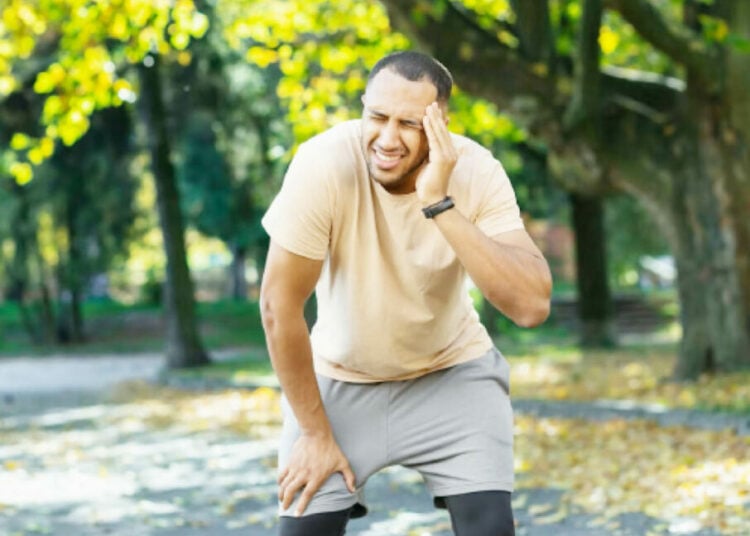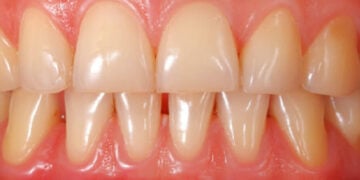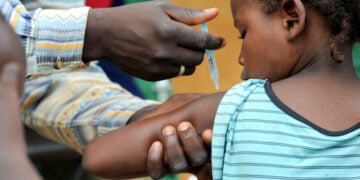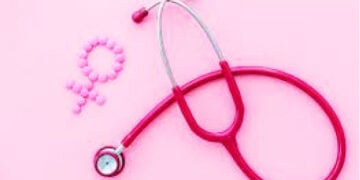You’ve finished a great workout and are feeling accomplished until a throbbing headache hits. Post-exercise headaches are more common than you might think, and they can turn a good training session into a painful experience. Understanding what causes these headaches and knowing how to prevent and treat them can help you stay active without discomfort.
Exercise is one of the best gifts you can give your body. It strengthens your heart, lifts your mood, and keeps your body agile. But for some people, a post-workout headache can turn a good gym session into a miserable experience. These “exercise headaches,” or exertional headaches, are more common than most realize, especially in hot climates or among beginners pushing themselves too hard.
Such headaches can be dull or throbbing and may last from a few minutes to several hours. While often harmless, sometimes they can signal dehydration, poor posture, or, rarely, an underlying medical condition. Understanding why they happen is the first step to preventing them.
Common Causes
Recogniging the causes and implementing preventive strategies is essential for maintaining both safety and performance during exercise
Dehydration – Sweat depletes your body’s water and salt.
Low Blood Sugar – Exercising without eating beforehand can trigger headaches.
Tight Muscles – Strained neck or shoulder muscles can radiate pain to the head.
– Holding your breath while lifting weights raises pressure in the brain.
Heat and Humidity – Working out in hot weather causes blood vessels to expand, leading to pounding headaches.
The good news? They’re often preventable. With the right hydration, nutrition, and recovery habits, you can keep your workouts headache-free
How To Prevent And Manage
- Hydrate before and after exercise. Add electrolytes if you sweat heavily.
- Eat a light snack 30–60 minutes before your workout.
- Warm up and cool down properly to ease tension in neck and back muscles.
- Breathe steadily don’t hold your breath during lifts or sprints.
- Avoid extreme heat. If outdoors, exercise early morning or evening.
- Massage or stretch neck and shoulder muscles post-workout.
When To See A Doctor
If the headache is severe, occurs suddenly (“like a thunderclap”), or comes with dizziness, nausea, or blurred vision, seek medical attention. These could signal a more serious condition.





